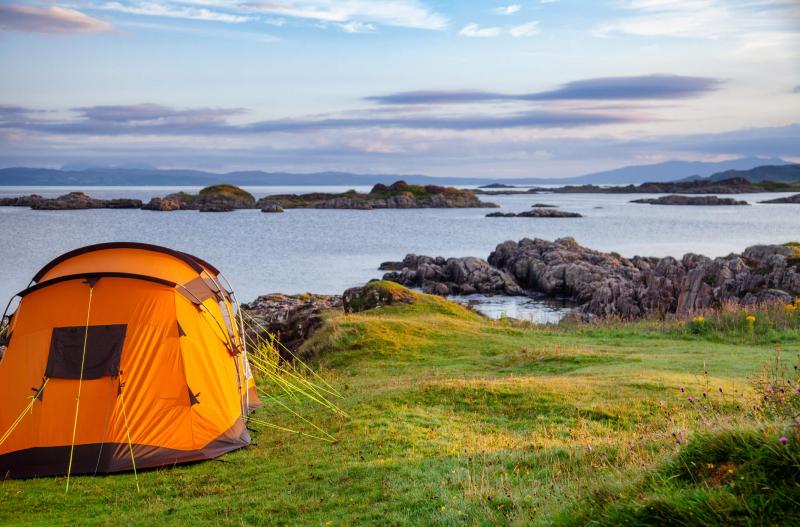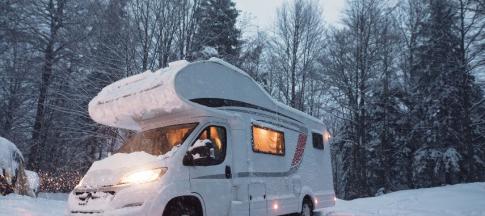
Camping in the UK is a rite of passage. With so many picturesque sites across all four countries, you won’t need to hop on a plane to get good views.
But, you need to know how to camp safely. Here, we discuss all the camping essentials from glamping and camper vans to insurance and the law!
Where can I camp in the UK?
Before booking a camping site, think about what you want from your camping adventure.
Lots of larger sites have swimming pools and clubhouses, which can be great for entertaining the family - but they can also be noisy and far from an idyllic rural retreat.
The Camping and Caravanning Club has a network of ‘Club’ sites that are owned and managed by the organisation, as well as ‘certificated’ sites, which are smaller and privately-owned.
Club sites have toilet and shower blocks and, usually washing up and laundry facilities. They’re family-friendly and many have a small playground, but the emphasis is on peace and open space. That means you’ll be hard pressed to find an on-site bar!
An eco campsite is a more niche site that offers a compromise between a fully-serviced pitch and wild camping.
Often in secluded spots, woodland or forestry, they have very basic facilities. Hope for a tap and a compost loo, and you won’t be disappointed!
Is wild camping legal in the UK?
If you want to skip traditional camping grounds altogether and embrace ‘wild camping’, you’ll have to head to Scotland as it isn’t legal in England, Wales and Northern Ireland without the landowner’s permission.
There's just a few things to remember:
- You can't have barbecues or fires, even if they're raised
- Never go to the toilet within 100m of water where possible
- Human and dog waste should be buried or bagged and taken home
- If a landowner asks you to move on, you'll need to
- It's important to respect the land - avoid littering and rowdiness
What do I need for camping in the UK?
There are a few camping essentials you'll need before heading off:
- waterproof tent
- sleeping bag (and a sleeping pad if you want extra comfort)
- warm clothes (even in July!)
- folding chairs and a table
- gas stove (always remember to change a gas canister outside and away from the tent)
- pans and utensils
- torch
- reusable water canister
Home comforts
You don’t need to travel to have a fun camping experience – your home could be the ideal campsite!
Pitching in your garden or even making a living room den from chairs and blankets can be just as exciting for small children (and big kids!) as travelling to a campsite.
You’re guaranteed not to forget anything – and you won’t have to queue for a shower in the morning!
What insurance do I need for camping?
What type of insurance you need will depend on where you're going, how long for, and how you're getting there!
Tents and glamping
When camping in a tent, yurt, or similar, travel insurance can give you a safety net.
Even if you're not heading abroad, travel insurance for the UK can still cover you for things like lost or stolen belongings, or if you have to cancel your trip because of an accidental injury.
Read our guide on travel insurance in the UK to find out more.
It's important to remember travel insurance doesn’t cover items you leave unattended or in a tent.
Caravans
Your car insurance probably covers damage caused by your attached caravan as standard, but not damage to your caravan.
If you want more cover, you may need to look into specialist caravan insurance.
Learn more about insuring your caravan.
Motorhomes and campervans
Before setting off, you’ll need motorhome insurance or campervan insurance to legally drive your home on wheels.
It’s still useful to have travel insurance in case your trip is unexpectedly cancelled or cut short.
We’d also recommend having breakdown cover in place to cover you in case of emergency.
Learn more about insuring your motorhome or campervan.



